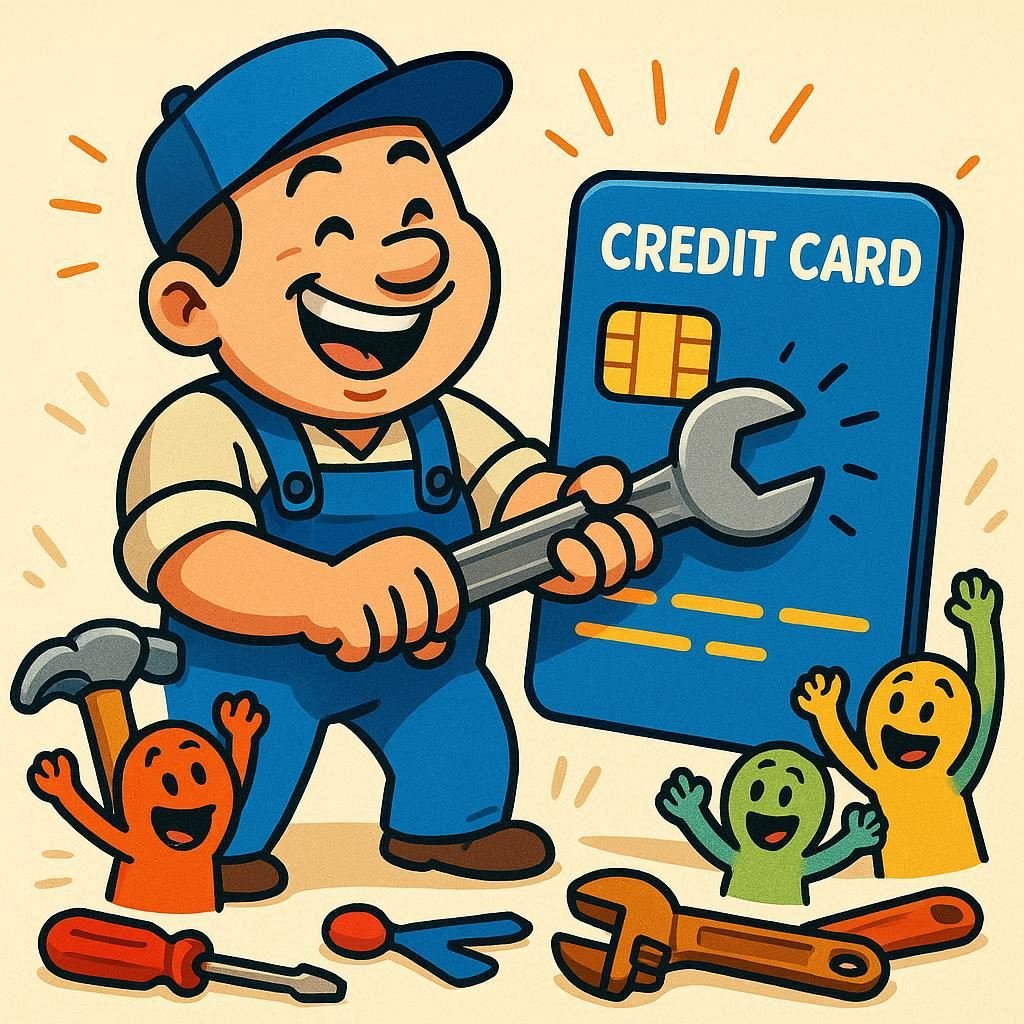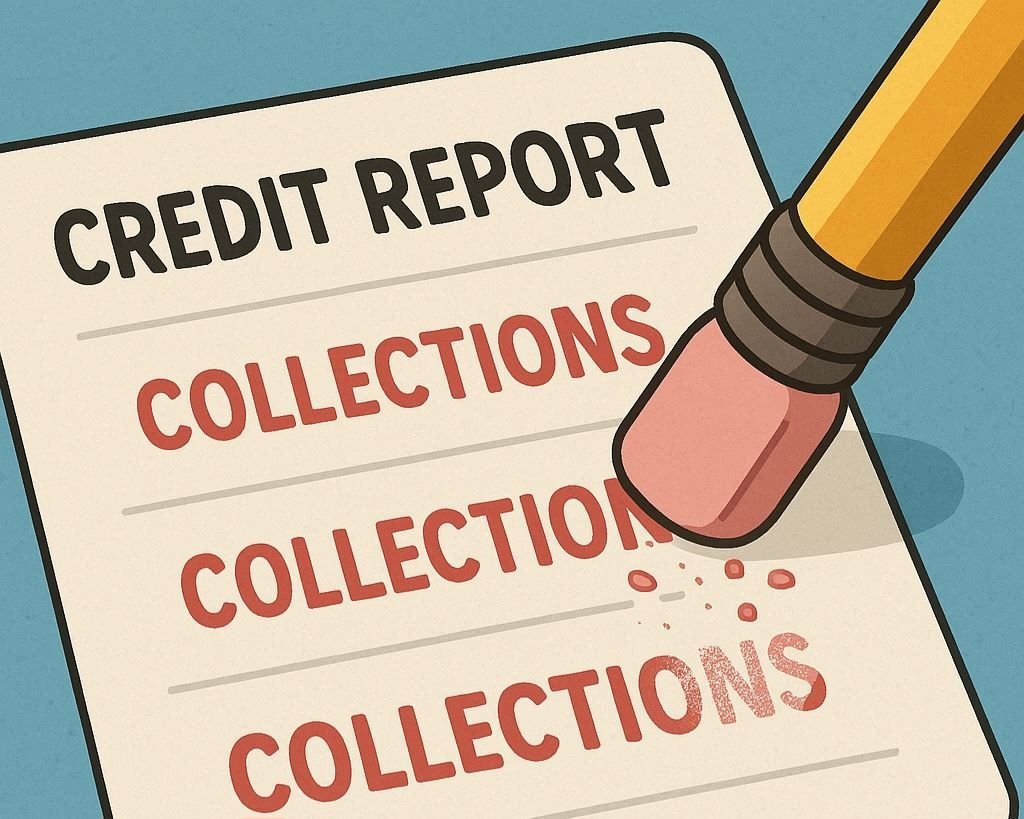Repairing your credit takes time, patience, and the right strategy. But even with good intentions, many people fall into traps that undo their progress — or make things worse. If you’re working on fixing your credit, here are 7 credit repair mistakes to avoid.
1. Disputing Everything at Once
Some people believe that disputing all negative items on their credit report will clean things up fast. Unfortunately, this can backfire. Credit bureaus may consider the disputes frivolous and ignore them. Instead, focus on genuine errors and tackle them one by one with strong supporting evidence. If you need to dispute bad marks on your credit, check out this post on how to make credit disputes.
2. Closing Old Credit Accounts
It might seem like closing old accounts will help, especially if you no longer use them. But your credit history length is an important factor in your score. Keeping older accounts open — especially if they have a good payment history — helps show long-term reliability.⁸
3. Missing a Payment While Repairing Credit
This is one of the worst mistakes you can make. Even one missed payment can drop your score significantly and stay on your report for up to 7 years. If you’re repairing your credit, paying all your bills on time is non-negotiable. Use reminders or autopay if necessary.
4. Falling for Credit Repair Scams
Are credit repair companies legit? Some promise a “new credit identity” or quick score boosts. If it sounds too good to be true, it usually is. Some scams involve illegal activity like using fake Social Security numbers. Stick to legal, proven steps — like reviewing your reports, paying on time, and lowering credit utilization.
5. Applying for Too Much New Credit
Each time you apply for a loan or credit card, a hard inquiry appears on your report. Too many inquiries in a short time can hurt your score and make lenders think you’re desperate for credit. Apply for new accounts only when necessary, and space them out wisely.
6. Ignoring Your Credit Reports
You’re entitled to free credit reports every year from the three major bureaus. Not checking your reports regularly means you could miss errors, signs of identity theft, or outdated information. Visit AnnualCreditReport.com to request your reports and review them carefully.
7. Maxing out your credit cards
Maxing out your credit card can seriously hurt your credit score and financial health. When you use all or most of your available credit, your credit utilization ratio spikes, signaling to lenders that you may be overextended or at risk of default. High utilization not only lowers your credit score but also increases interest charges and makes it harder to get approved for loans or better credit terms. To protect your credit and avoid unnecessary debt, it’s best to keep your card balances well below the limit—ideally under 30% of your total credit line.
Bottom Line
Credit repair is about more than just removing negative items — it’s about changing your habits and avoiding setbacks. By knowing these 7 credit repair mistakes to avoid, you’ll stay on the right path and build a stronger financial future.
Remember: Progress may feel slow, but consistency is what leads to results.





